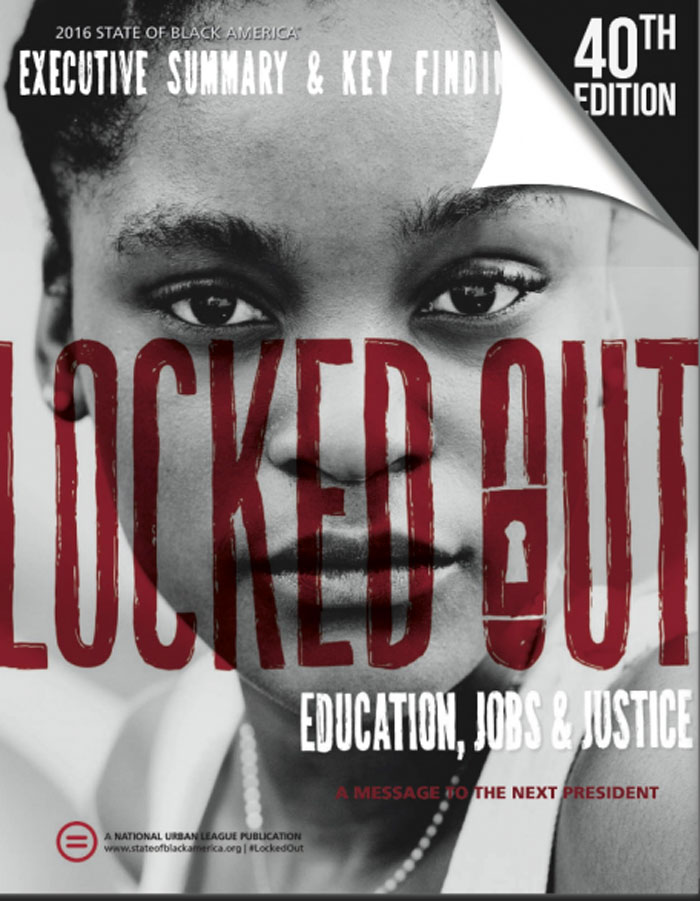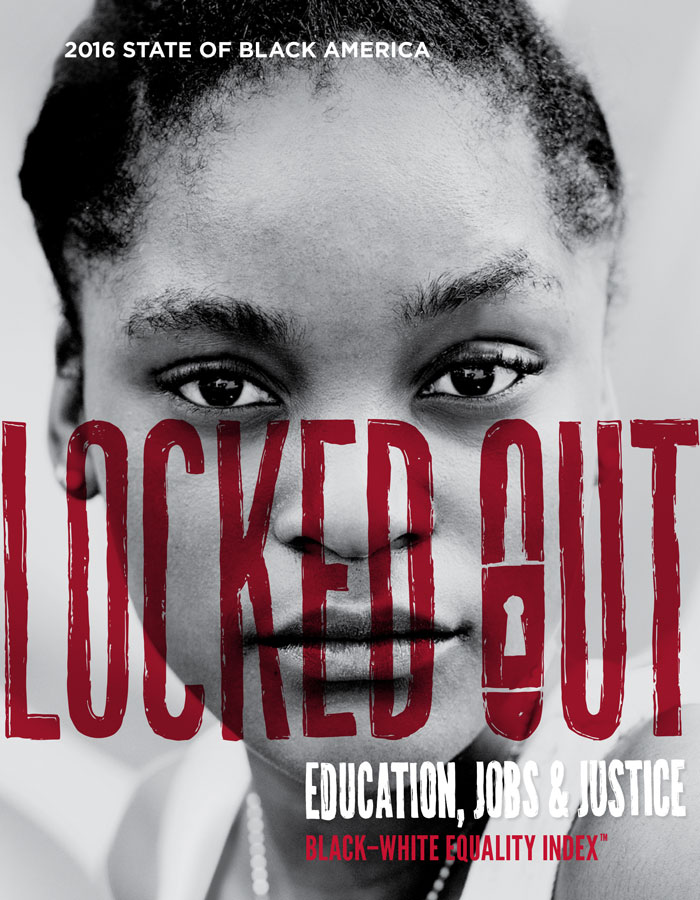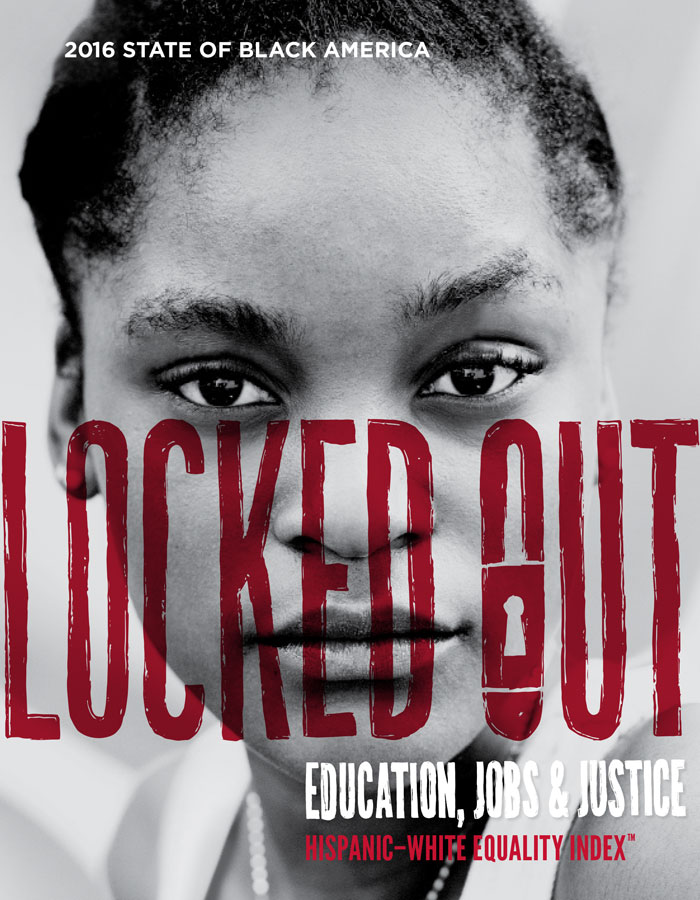2016 Report
The 2016 reports from the National Urban League, comprising the Executive Summary, Black-White Equality Index, and Hispanic-White Equality Index, provide a comprehensive analysis of racial equality in America. Celebrating its 40th edition, the State of Black America® has emerged as a key benchmark for racial equality, offering insights across various domains like economics, employment, education, health, housing, criminal justice, and civic participation.
The 2016 Equality Index reveals significant disparities: African Americans possess only 72.2% of the "equality pie" compared to whites, indicating a 28% gap, while Hispanics have 77.8%, reflecting over a 20% shortfall. These figures highlight the ongoing challenges in achieving racial equality in America. The report notes that, despite some progress over the years, fundamental racial disparities remain deeply ingrained, with economic downturns disproportionately impacting communities of color.
The Equality Index is calculated across five categories: economics, health, education, social justice, and civic engagement, with each category weighted for its relative importance. It serves as a tool to document progress towards economic empowerment, a central theme of the National Urban League's mission, and to track racial equality over time, highlighting the persistence of advantages historically accorded to whites. The Index also provides a retrospective view, comparing current data with past years to assess long-term trends.
Additionally, the Index acknowledges the complexity of racial dynamics, emphasizing that not all individuals within a racial group have uniform experiences. It reports averages to summarize extensive data, which can sometimes obscure class differences within racial groups. However, it also emphasizes regional disparities in racial inequality, offering a nuanced view of the multifaceted nature of racial equality in America.
Executive Summary
The State of Black America®, the National Urban League’s seminal annual publication now in its 40th edition, has become one of the most highly-anticipated benchmarks and sources for thought leadership around racial equality in America across economics, employment, education, health, housing, criminal justice and civic participation. Each edition of the State of Black America contains thoughtful commentary and insightful analysis from leading figures and thought leaders in politics, the corporate arena, NGOs, academia and popular culture.
The State of Black America also includes the Equality Index, a quantitative tool for tracking racial equality in America, now in its 12th edition of the Black-White Index and its seventh edition of the Hispanic-White Index.
The 2016 report features the third edition of the metro Equality Index, ranking approximately 70 metro areas based on unemployment and income equality for Blacks ...
Learn more DownloadEquality Index
The "Black-White Equality Index 2016" presents a detailed examination of the disparities between African American and white populations in the United States. Published as a part of the National Urban League's State of Black America® report, this crucial document marks its 40th anniversary by providing a comprehensive analysis of racial equality in America.
The 2016 Index, standing at 72.2% for African Americans, reveals a significant 28% gap in equality compared to whites, emphasizing the persistent challenges in achieving racial parity. This document serves as a vital tool in understanding and addressing the deep-rooted inequalities that continue to affect African American communities across various sectors including economics, health, education, and social justice.
Learn more DownloadEquality Index
The "Hispanic-White Equality Index 2016" is a crucial component of the National Urban League's State of Black America® report, providing a vital assessment of the disparities between Hispanic and white communities in the United States. In its 2016 edition, the Index indicates a 77.8% equality level for Hispanics, highlighting a notable gap of over 20% in comparison to whites.
This document plays a key role in shedding light on the ongoing challenges faced by Hispanic Americans in achieving parity, particularly in areas such as economics, health, education, and civic engagement. It serves as an important tool for understanding and addressing the persistent inequality impacting the Hispanic community.
Learn more Download




